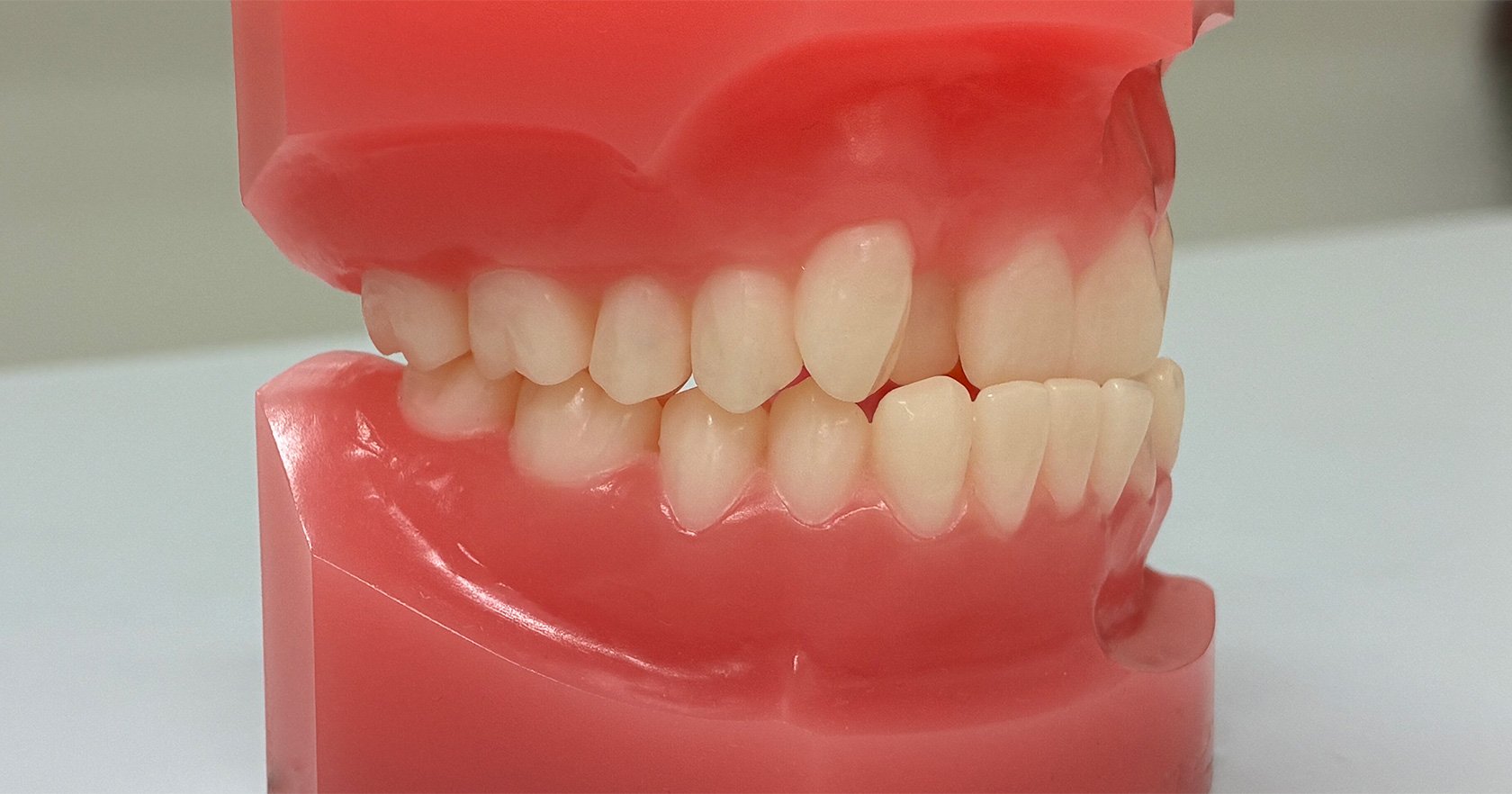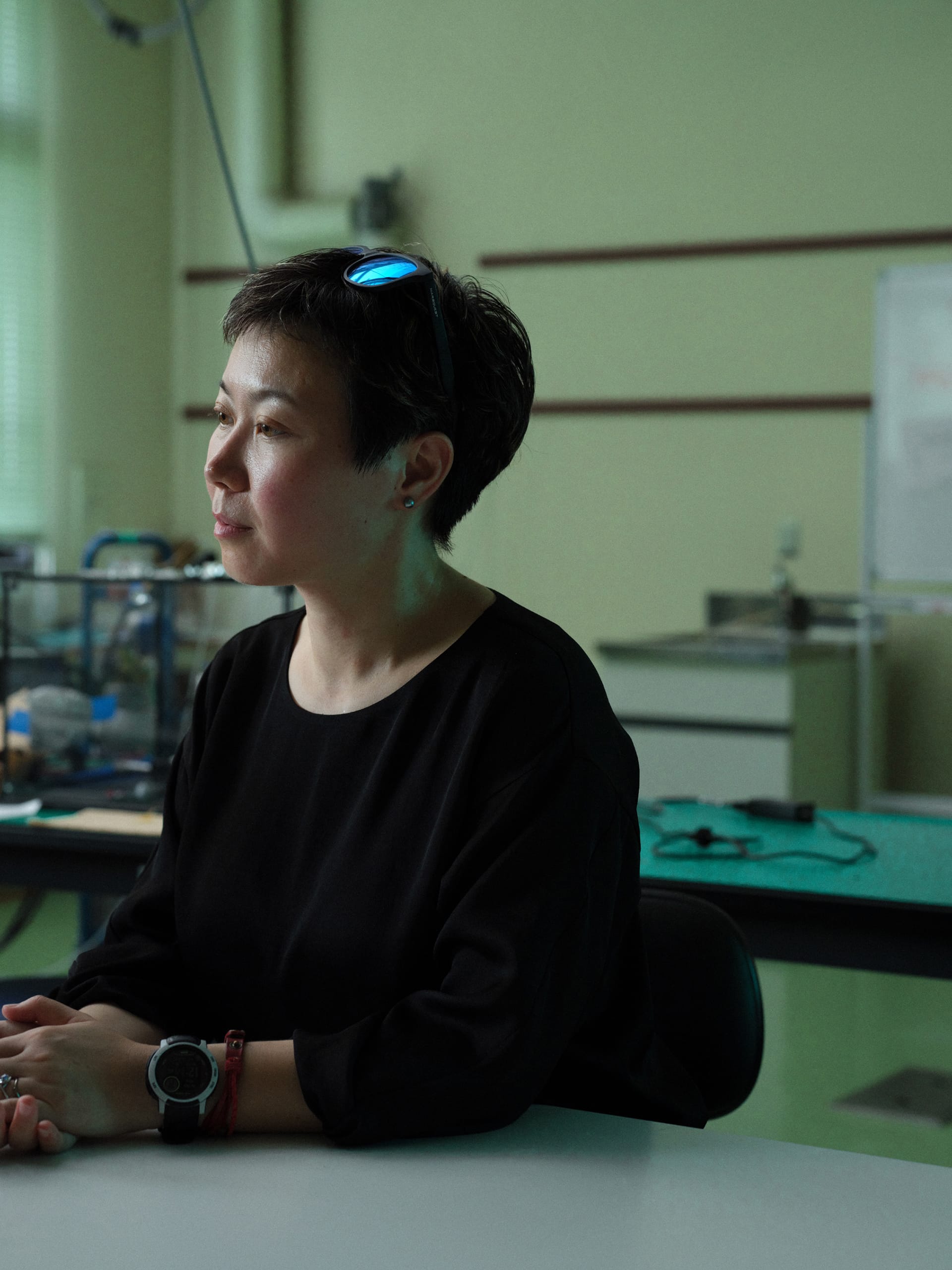Main banner
Featured
-

UREX-Tohoku Forum 2026: Building Excellence in Year One
The president and key department heads reported the achievements of the past year and shared their vision and strategy for the future.
-

From Japan to Europe: Strengthening Global Preparedness for WUI Fires
As governments worldwide step up efforts to address wildland-urban interface fires, a Tohoku University researcher has played a part in shaping an EU housing policy.
-

An Unusual Dust Storm on Mars Reveals How the Red Planet Lost Some of its Water
By using data across multiple Mars exploration missions, researchers are closer to solving one of the greatest mysteries of planetary science: how did Mars lose its water?
-

Tohoku University to Launch Innovative Gateway College in 2027
This new undergraduate education hub represents a significant departure from traditional Japanese university structures by transcending faculty boundaries and embracing a global approach to learning.
News
-

TESP Winter 2026: Linking Technology with Real-world Impact
The inaugural programme was an immersive experience in engineering innovation, global teamwork and entrepreneurial thinking.
-

Tohoku University's On-campus Nurseries, Enrolment for AY2026
Faculty, students and staff of Tohoku University who need childcare services can now apply for available slots at Kawauchi Keyaki and Aobayama Midori nursery schools.
-

Tohoku University Establishes a Co-Creation Research Center with UBE Corporation
The new center will combine Tohoku University's expansive research capacity with the industrial know-how of UBE to address pressing societal challenges.
-

Entrance Ceremony for Spring 2026 to be Held on April 3
All newly enrolled undergraduate and graduate students are invited to take part in the ceremony at Xebio Arena Sendai.
Research
-

Underbite Is Associated with Tooth Loss Risk
Researchers have found that adults with an anterior crossbite exhibited a higher likelihood of tooth loss, including a higher risk of losing molars.
-

Why Does Rough Grinding Make Stainless Steel More Prone to Corrosion?
Researchers examined corrosion behavior of stainless steel in salt water, fining that manganese sulfide may be the answer to this long held mystery.
-

Discovery of New Lymph Node Architecture Reshapes Understanding of Lymphatic Physiology
Researchers discovered a shunt (a sort of bypass route) that could help us unravel the complicated, intertwined network of our body's lymphatic system.
-

When Silicon Fills the Role of Carbon: Debut of All-Silicon Cyclopentadienides
Carbon-based π-electron compounds are usually a first pick for catalysts, but researchers have developed a competitive silicon version that maintains stability.

















